A country still in crisis: Lebanon three years on from Beirut blast
Political, economic and criminal dramas are causing a damaging stalemate in the Middle East nation
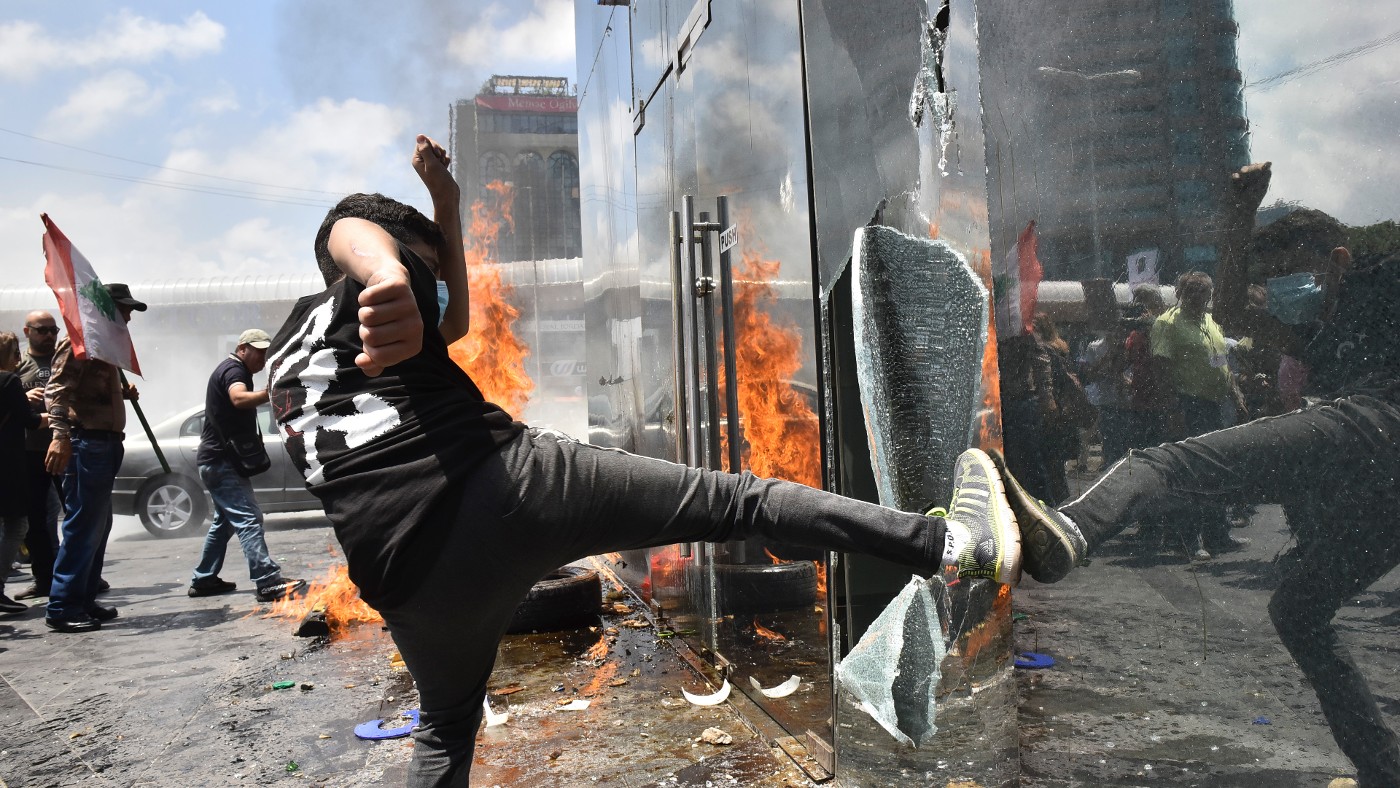
A free daily email with the biggest news stories of the day – and the best features from TheWeek.com
You are now subscribed
Your newsletter sign-up was successful
The head of Lebanon’s central bank has stepped down after 30 years in the job, leaving the country in a deepening state of crisis.
Riad Salameh had been a “poster child” for the economic resurgence that helped Lebanon out of 15 years of civil war in the years after 1990, said Al Arabiya News.
But he is now widely seen as being responsible for soaring inflation and the currency losing 98% of its value, and left his job “under a cloud of investigation and blame”, said France 24.
The Week
Escape your echo chamber. Get the facts behind the news, plus analysis from multiple perspectives.

Sign up for The Week's Free Newsletters
From our morning news briefing to a weekly Good News Newsletter, get the best of The Week delivered directly to your inbox.
From our morning news briefing to a weekly Good News Newsletter, get the best of The Week delivered directly to your inbox.
His departure, on the eve of the third anniversary of the Port of Beirut blast that killed more than 200 people, is just one of the challenges facing the embattled nation.
An economy at rock bottom
The current financial crisis began in 2019 when “the value of the Lebanese pound plummeted and inflation soared”, said the BBC. Since then, the country has been “in the midst of one of the world’s most prolonged and acute economic crises”, with more than 80% of the population living in poverty, added the broadcaster.
The crisis has “pulverized” the Lebanese pound and “wiped out the savings” of many Lebanese, as the banks “ran dry of hard currency”, said France 24.
Salameh has been criticised for borrowing new money to pay existing creditors, a policy that has been compared to a Ponzi scheme. He rejects the comparison, but Alarabiya News said Lebanon is now “nothing more than a spoiled trust-fund baby that refuses to go to work and to acknowledge that living on the past glories does not make a nation”.
A free daily email with the biggest news stories of the day – and the best features from TheWeek.com
Lebanon’s government and politicians “have not taken any measures to mitigate or alleviate its impact on the population”, wrote Dalal Mawad in The Guardian, in an extract from her book, “All She Lost: The Explosion in Lebanon, the Collapse of a Nation and the Women Who Survive”.
“Nothing has been done”, she added, “no reforms, no structural changes, no meaningful change of power and no accountability.” The World Bank put it more formally, describing the economic situation in Lebanon as one of the worst crises in the world since the 19th century, with “deliberate inaction” to blame.
A political stalemate
Politically, Lebanon is in stalemate. The Mediterranean country has been without a president for nine months, and its government has been running in a limited caretaker capacity for a year.
In June, Lebanon’s parliament failed for the 12th time to elect a president and “break a political deadlock that has gripped the country for months”, said Al Jazeera.
A bloc led by Hezbollah withdrew after the initial round of votes, preventing a second round of voting. This thwarted a bid by their rivals to elect a top International Monetary Fund official as president and meant continued deadlock.
Consequences of the blast
On the eve of the third anniversary of the catastrophic explosion in Beirut’s port that killed 235 people and damaged more than half of the city, Amnesty International criticised an “unacceptable lack of justice, truth and reparation”.
The authorities “have had three years to investigate what caused the devastating explosion in Beirut’s port and to hold those suspected of criminal responsibility to account”, said a spokesperson, but “to this day, absolutely no one has been held responsible for the tragedy”.
The domestic investigation into the blast has been suspended since December 2021, due to a series of legal challenges filed against judges involved in the case by politicians who have been targeted by the investigation.
In March, the United Nations Human Rights Council expressed concern that the investigation had been “hampered by systemic obstruction, interference, intimidation, and a political impasse”.
Writing for Foreign Policy, David Schenker, a senior fellow at the Washington Institute for Near East Policy, said there is a “pervasive culture of impunity” in Lebanon.
Chas Newkey-Burden has been part of The Week Digital team for more than a decade and a journalist for 25 years, starting out on the irreverent football weekly 90 Minutes, before moving to lifestyle magazines Loaded and Attitude. He was a columnist for The Big Issue and landed a world exclusive with David Beckham that became the weekly magazine’s bestselling issue. He now writes regularly for The Guardian, The Telegraph, The Independent, Metro, FourFourTwo and the i new site. He is also the author of a number of non-fiction books.
-
 The ‘ravenous’ demand for Cornish minerals
The ‘ravenous’ demand for Cornish mineralsUnder the Radar Growing need for critical minerals to power tech has intensified ‘appetite’ for lithium, which could be a ‘huge boon’ for local economy
-
 Why are election experts taking Trump’s midterm threats seriously?
Why are election experts taking Trump’s midterm threats seriously?IN THE SPOTLIGHT As the president muses about polling place deployments and a centralized electoral system aimed at one-party control, lawmakers are taking this administration at its word
-
 ‘Restaurateurs have become millionaires’
‘Restaurateurs have become millionaires’Instant Opinion Opinion, comment and editorials of the day
-
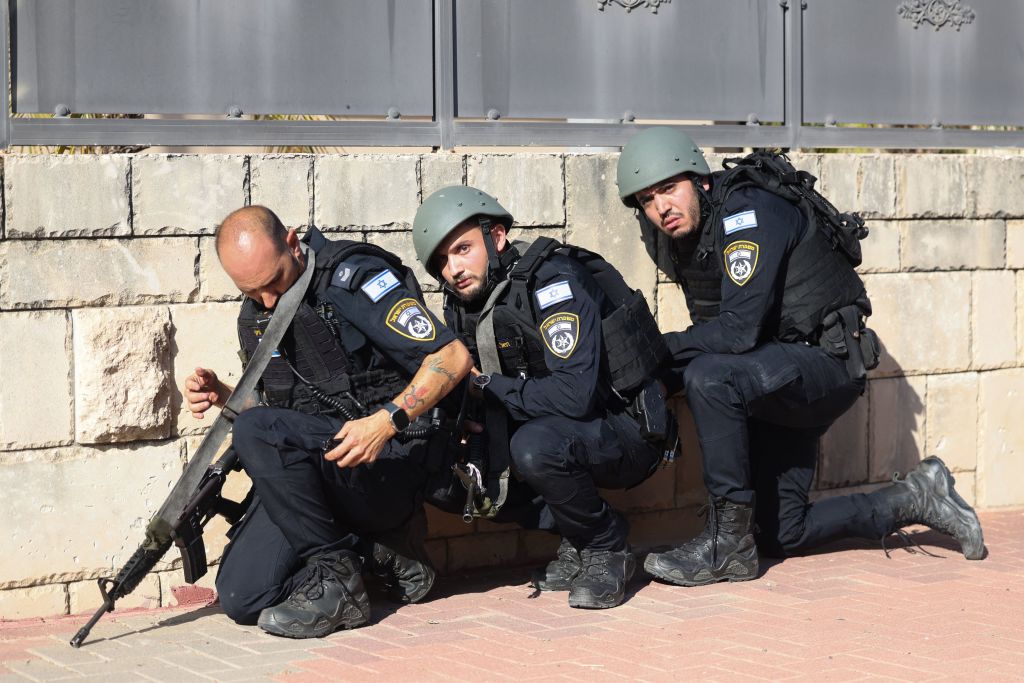 10 things you need to know today: October 7, 2023
10 things you need to know today: October 7, 2023Daily Briefing Israel 'at war' with Hamas following deadly surprise attack, Chuck Schumer leads bipartisan congressional delegation to China, and more
-
 The spiralling global rice crisis
The spiralling global rice crisisfeature India’s decision to ban exports is starting to have a domino effect around the world
-
 Netanyahu’s reforms: an existential threat to Israel?
Netanyahu’s reforms: an existential threat to Israel?feature The nation is divided over controversial move depriving Israel’s supreme court of the right to override government decisions
-
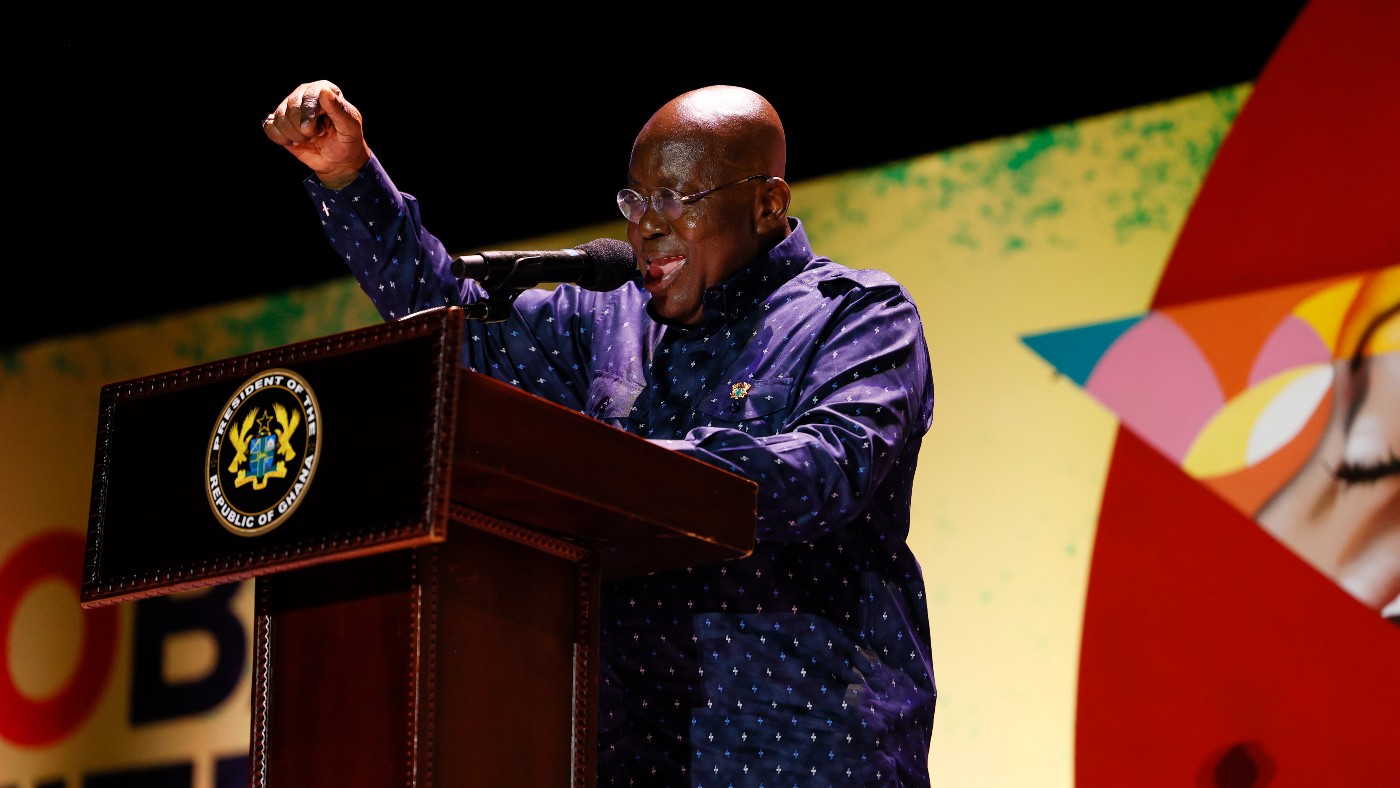 Ghana abolishes the death penalty
Ghana abolishes the death penaltyfeature It joins a growing list of African countries which are turning away from capital punishment
-
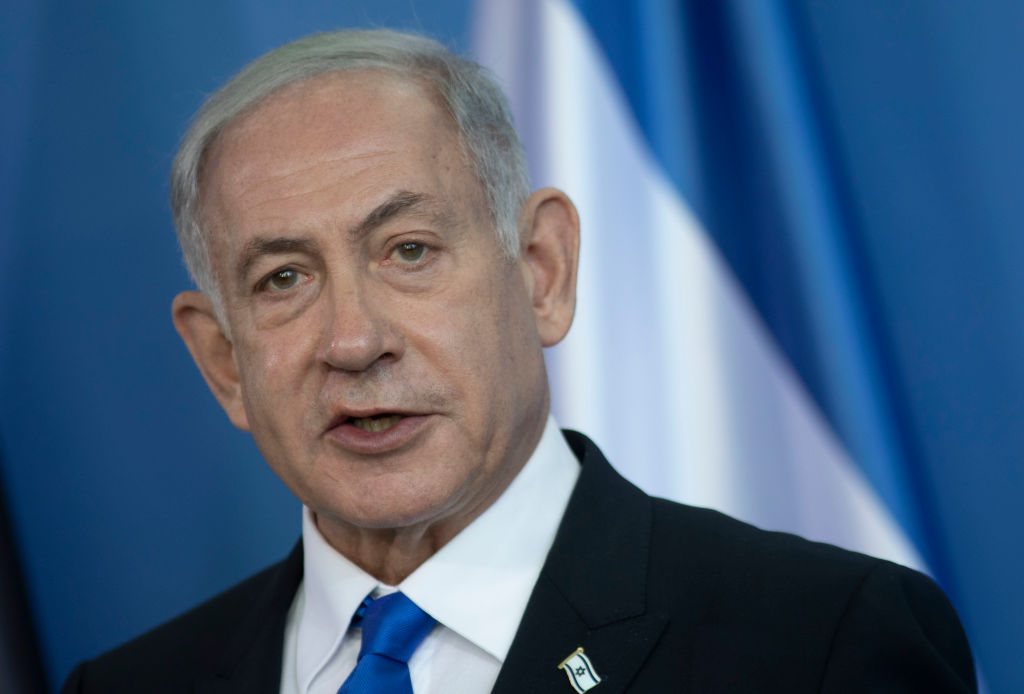 The past controversies of Benjamin Netanyahu
The past controversies of Benjamin NetanyahuUnder the Radar The Israeli prime minister has been in hot water before
-
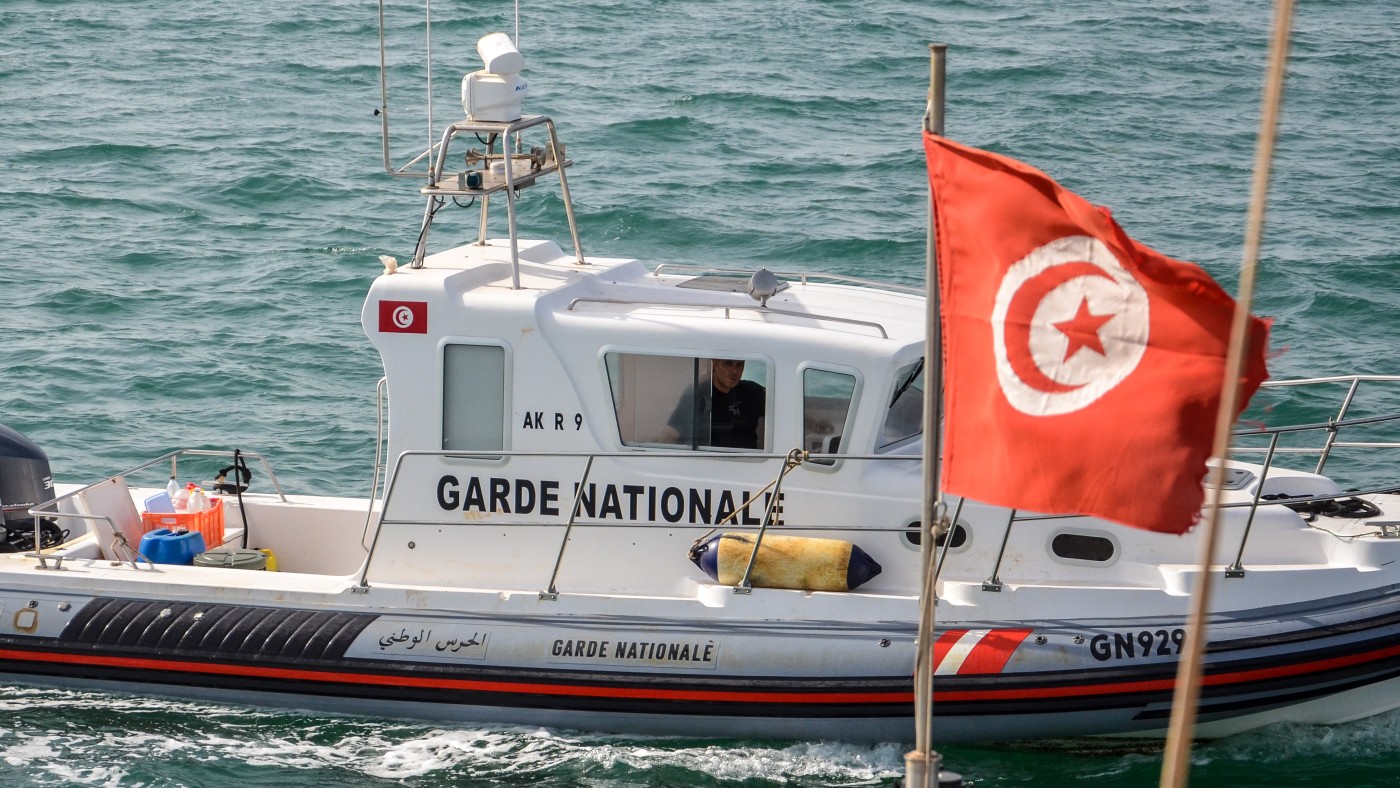 EU-Tunisia agreement: a ‘dangerous’ deal to curb migration?
EU-Tunisia agreement: a ‘dangerous’ deal to curb migration?feature Brussels has pledged to give €100m to Tunisia to crack down on people smuggling and strengthen its borders
-
 The sinister side to India’s fantasy gaming craze
The sinister side to India’s fantasy gaming crazefeature Fantasy gaming is booming in India, despite the country's ban on gambling
-
 Israel on edge, Netanyahu hospitalized ahead of Supreme Court overhaul vote
Israel on edge, Netanyahu hospitalized ahead of Supreme Court overhaul voteSpeed Read